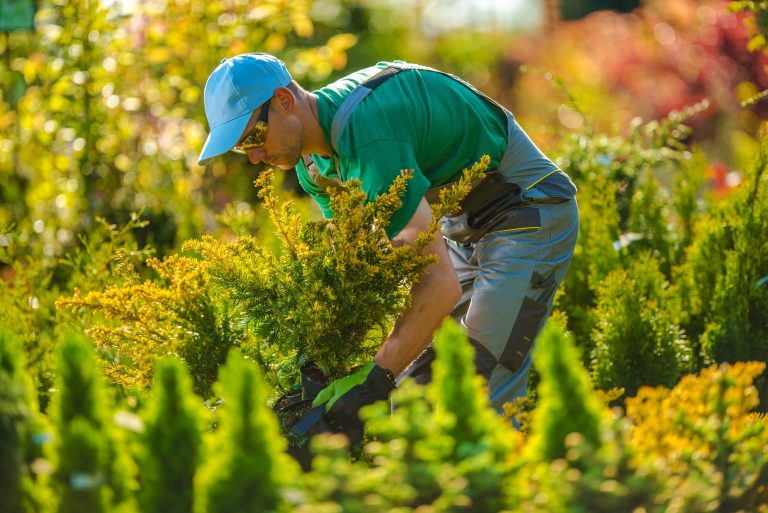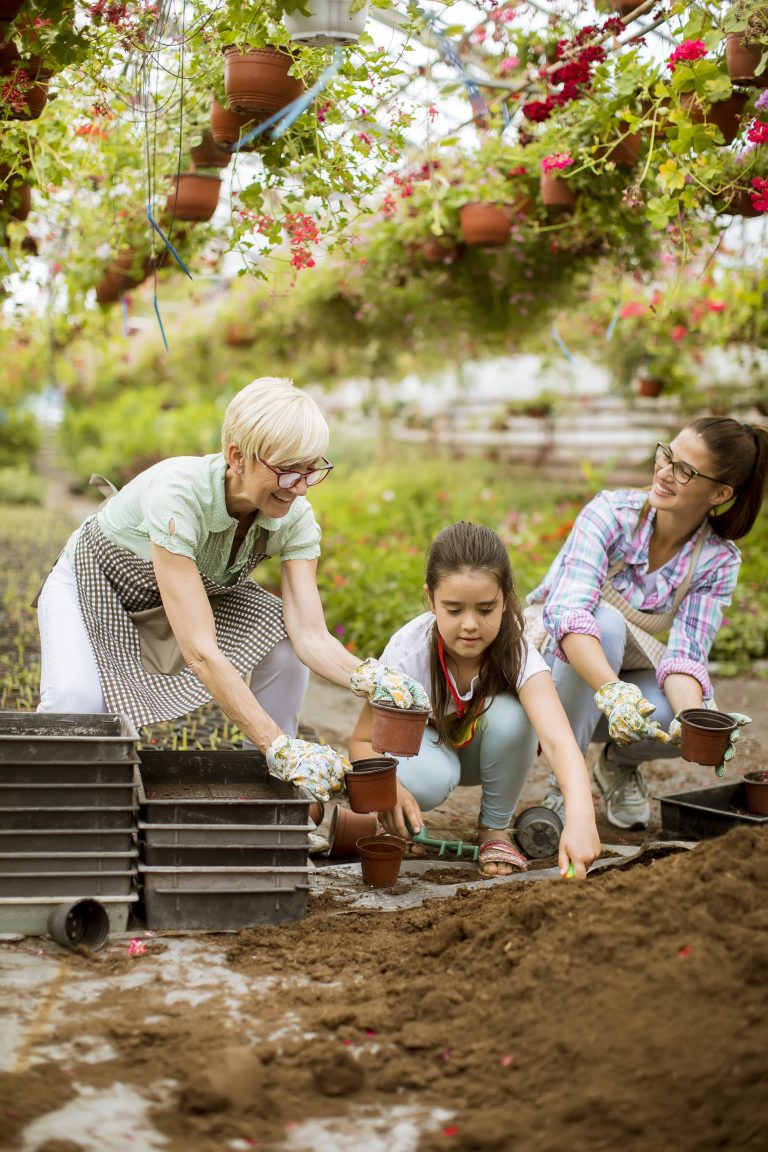
As a passionate gardening and landscaping enthusiast, I’ve come to see that a thriving garden doesn’t happen by chance. It results from a symphonic blend of light, water, soil, and nutrients. Among these, one secret ingredient stands out not just for its ability to enrich soil but also for its ecological benefits: compost. Composting is a time-tested method to improve garden health, recycle kitchen and yard waste, and contribute to a more sustainable lifestyle. In this post, I will delve into the numerous benefits that composting can offer your garden and inspire you to start your own compost pile today.
The Science Behind Compost
Before we dive into the benefits, let’s understand what composting is. Compost is simply decomposed organic material. Through the natural action of microorganisms, bacteria, and fungi, the organic matter breaks down into a dark, crumbly substance rich in nutrients. These nutrients are essential for plant growth and contribute to healthier plant yields. A typical compost pile consists of a mixture of “greens” (nitrogen-rich materials like vegetable scraps) and “browns” (carbon-rich materials like dried leaves), which break down over time into this nutrient-dense substance.
Benefit 1: Enriching Your Soil
One of the primary benefits of composting is its ability to enrich soil. Compost enhances soil structure, texture, and aeration, and increases its water-holding capacity. Sandy soils are better able to retain moisture, and clay soils tend to drain more effectively. By adding compost, you introduce essential nutrients like nitrogen, phosphorus, and potassium, along with trace minerals such as manganese, copper, iron, and zinc. In essence, compost transforms your soil into a fertile growing medium, allowing your plants to access even more of the nutrients they need to flourish.
Benefit 2: Reducing Waste
A significant advantage of composting is its ability to reduce waste. According to the EPA, food scraps and yard waste together account for more than 28% of what we throw away. That’s a significant amount of waste that could be diverted from landfills. Composting helps break down these organic materials naturally, turning what would have been waste into a valuable resource for your garden. By minimizing what goes to a landfill, you reduce methane emissions, a potent greenhouse gas, thereby contributing positively to your environment.
Benefit 3: Encouraging Healthy Plant Growth
Plants grown in compost-rich soil are healthier and more robust. Compost supplies the essential elements necessary for plant growth and supports beneficial soil organisms such as earthworms and mycorrhizal fungi. These organisms enhance nutrient uptake by plants, improve soil structure, and reduce pests and diseases. In turn, plants grown in healthy, compost-amended soil tend to develop stronger roots, withstand drought better, and require fewer chemical fertilizers and pesticides. This results in an overall healthier garden ecosystem.
Benefit 4: Conserving Water
Compost can significantly aid in water conservation in your garden. Its ability to improve soil structure enhances moisture retention and reduces erosion, meaning that you can water less frequently. Given the growing concerns over water scarcity in many areas, adopting practices like composting can make your garden more efficient in its water usage. Moreover, by increasing the organic material in your soil, compost helps plants establish deeper root systems, making them more drought-resistant and reducing the need for irrigation.
Benefit 5: Saving Money
Composting can also save you money. With less need for chemical fertilizers, pesticides, or expensive soil conditioners, compost serves as a cost-effective alternative. By producing your compost, you recycle your kitchen scraps and yard waste into a free resource that’s invaluable to your garden’s health. It also reduces your trash disposal costs, as less organic waste ends up in your trash bin.
Benefit 6: Enhancing Biodiversity
A garden enriched by compost is teeming with life. Compost supports a wide range of beneficial bacteria, fungi, worms, and insects. These organisms play a crucial role in breaking down organic material into nutrients that plants can use. They also help control harmful pests, ensuring that your garden remains in balance. Thus, a compost-enriched garden promotes a thriving ecosystem that goes beyond the plants themselves, supporting broader biodiversity.
How to Start Composting
Starting with composting is simpler than you might think. Choose a suitable spot in your garden, ideally a sunny, well-drained area. Begin by adding layers of “green” and “brown” materials, making sure to keep the pile moist but not soggy. Turn or aerate the pile every few weeks to speed up the breakdown process. In a matter of months, your kitchen scraps and yard clippings will transform into rich, dark compost ready to invigorate your garden.
Conclusion
Composting is a rewarding process that offers numerous benefits for your garden. From enriching your soil and conserving water to reducing waste and enhancing plant health, it’s a practice that supports both environmental sustainability and gardening success. By embracing composting, you’re making a conscious choice to improve your garden’s vitality while contributing positively to the planet. As you start or continue your journey into outdoor gardening and landscaping, consider the transformative power of composting and witness firsthand the bountiful returns it brings to your green space.













